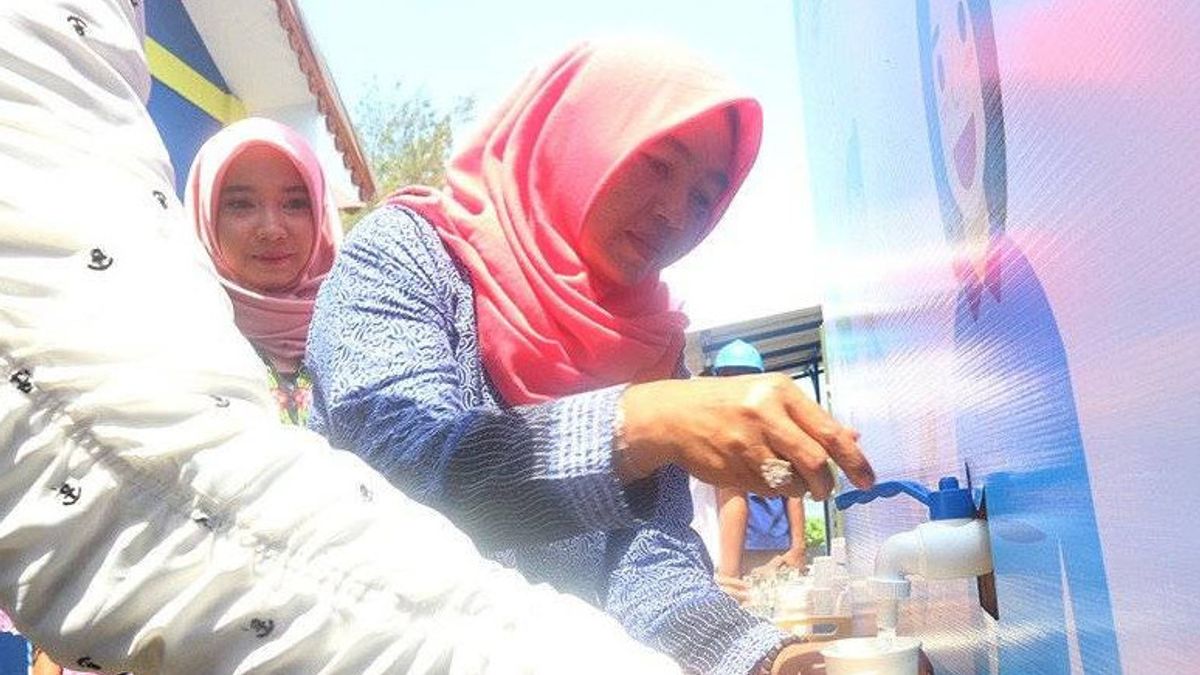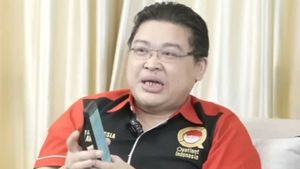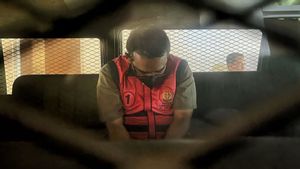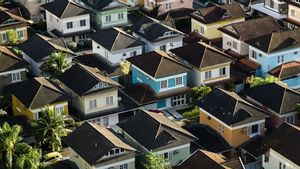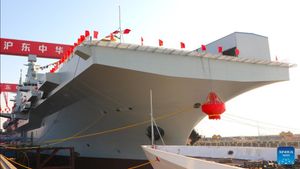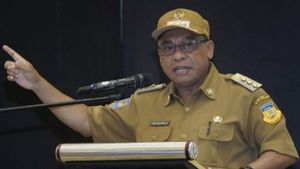JAKARTA - DKI PAM Jaya BUMD has built a City Forest Drinking Water Supply System (SPAM) to add piped clean water services to residents.
PAM Jaya President Director Priyatno Bambang Hernowo said the Urban Forest SPAM Project is one of the PAM JAYA service acceleration programs with a target of 30 thousand new customer connections served by PAM water in 4 areas, namely Kamal Muara, Kamal, Tegal Alur and Pegadungan.
"The City Forest SPAM project is an initiative to accelerate services carried out by PAM Jaya and is fully supported by the DKI Jakarta Provincial Government.
Construction of the clean water piping system began in Kamal Muara Village. Bambang said that the residents of Kamal Muara welcomed the construction of the City Forest SPAM. This is because usually each house can pay for clean water services between IDR 600 thousand to IDR 1 million per month per month. However, currently residents only need to pay up to Rp. 150 thousand for PAM water services.
"Residents welcome and are happy with the thanksgiving activity, especially because they are currently enjoying piped water directly at their homes. So far, residents in the area have relied on ground water and also water sold through mobile carts," he said. For information, the construction of SPAM Hutan Kota was initiated in 2016 and is currently in the process of completing the installation of new customer connections.
PAM Jaya has built a 116-kilometer transmission and distribution pipeline network to supply water from the Hutan Kota WTP with a capacity of 500 liters per second to around 30,000 customers.
As of November 2021, there were around 12,573 new customers in the area who had water flowing through the City Forest SPAM project and this number is still growing.
Currently, PAM Jaya's service coverage still reaches 65.82 percent with a total of 906,648 customers and a total distributed water of 20,732 liters per second. PAM Jaya's service coverage target in 2023 is 82 percent.
Currently, Jakarta is still dependent on raw water supply from areas outside the city of Jakarta, where 81 percent of the raw water comes from the Jatiluhur Reservoir, 14 percent comes from the purchase of bulk water from the Tangerang Regency PDAM, and 5 percent comes from rivers in Jakarta. .
The English, Chinese, Japanese, Arabic, and French versions are automatically generated by the AI. So there may still be inaccuracies in translating, please always see Indonesian as our main language. (system supported by DigitalSiber.id)
